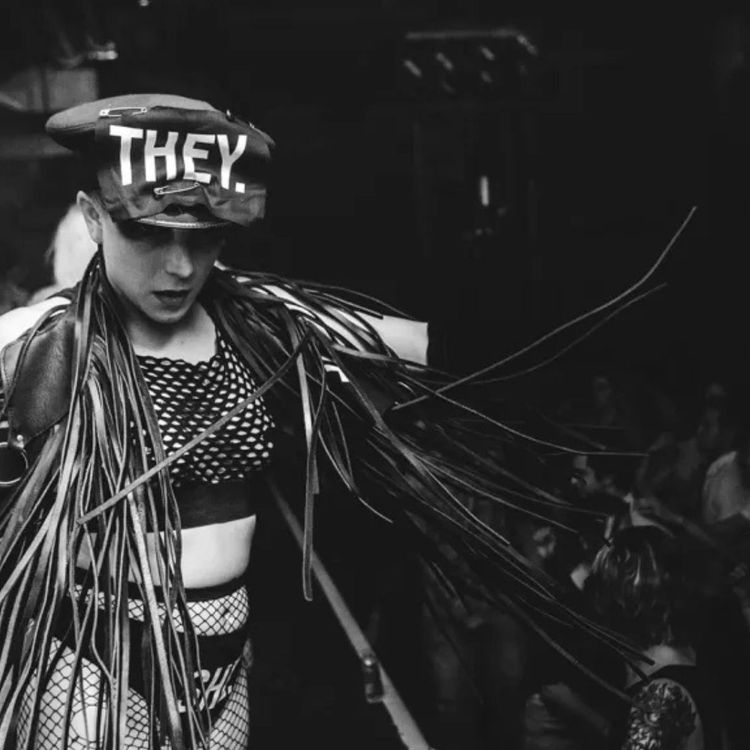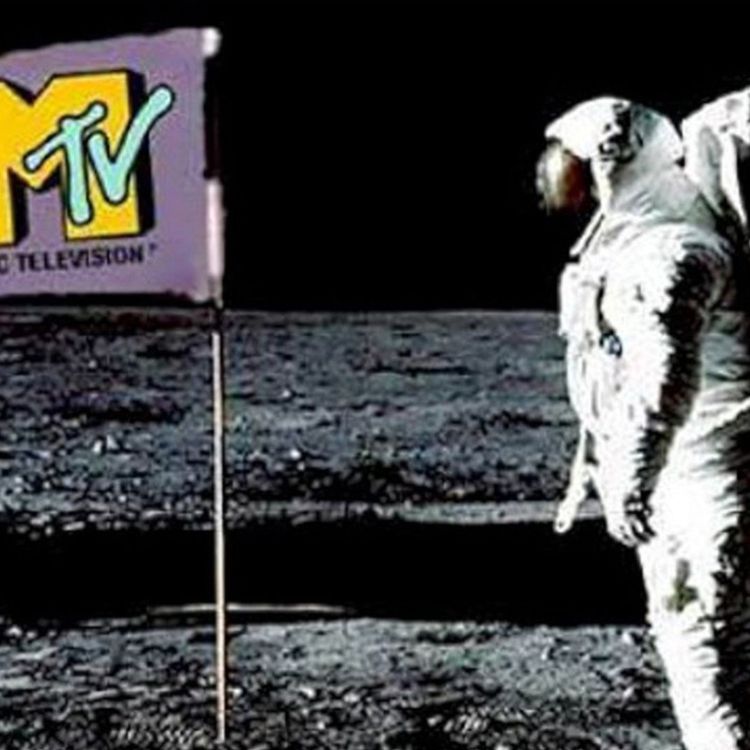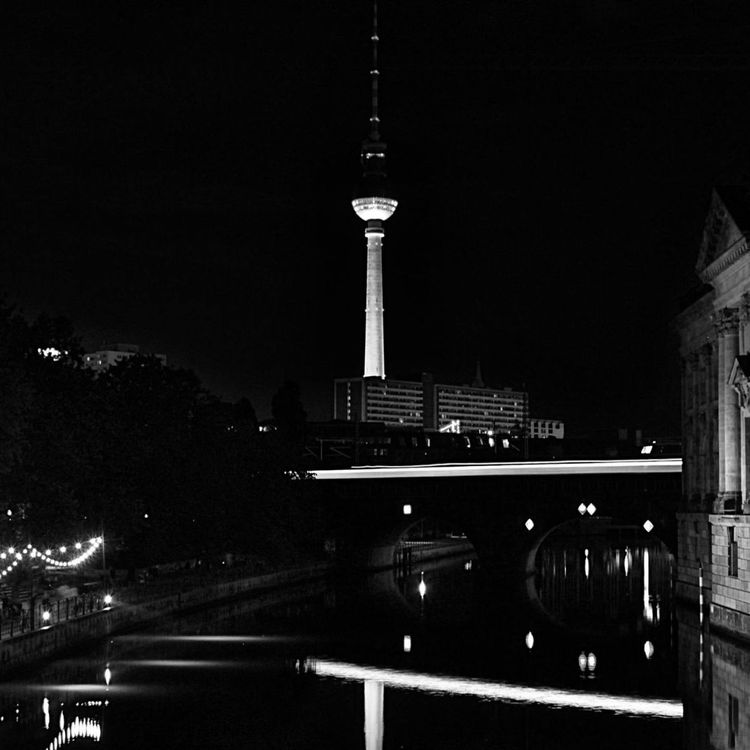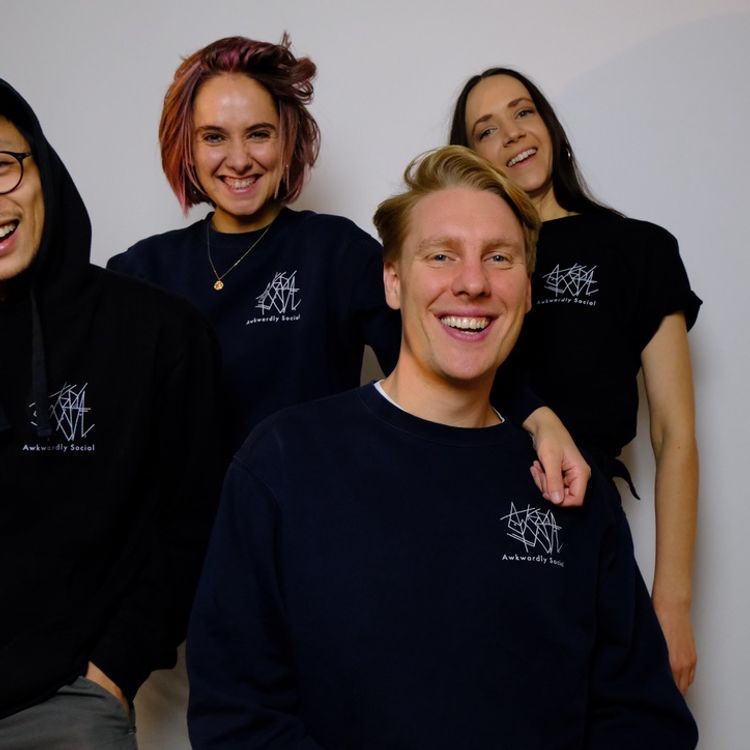City Beats: Kyiv
In our City Beats series, we explore underground scenes in cities all around the world, and this week we're spotlighting Kyiv, Ukraine.
A Brief History of Kyiv’s Underground
Kyiv’s dance music scene has had a thriving nightlife scene since the ‘90s. That’s when the Soviet Union collapsed, the Iron Curtain fell, and Ukrainians had unhindered access to European tastes. Musicians and bands like KRAFTWERK and Depeche Mode inspired artists to experiment with 4:4 beats and synths, laying the foundations for an underground scene that was soon on par with Western Europe’s.
In the 1990s, Ukrainians flocked to house and trance nights, but that taste evolved in the 2000s to encompass dubstep, techno, D&B, and bass music. The UK’s Dr. Dessy Kiiza Alex opened Sound Planet in Kyiv in 2005, hiring Ministry of Sound’s engineer to design and set up the sound system, and it soon became one of the most legendary nightlife destinations in the city.
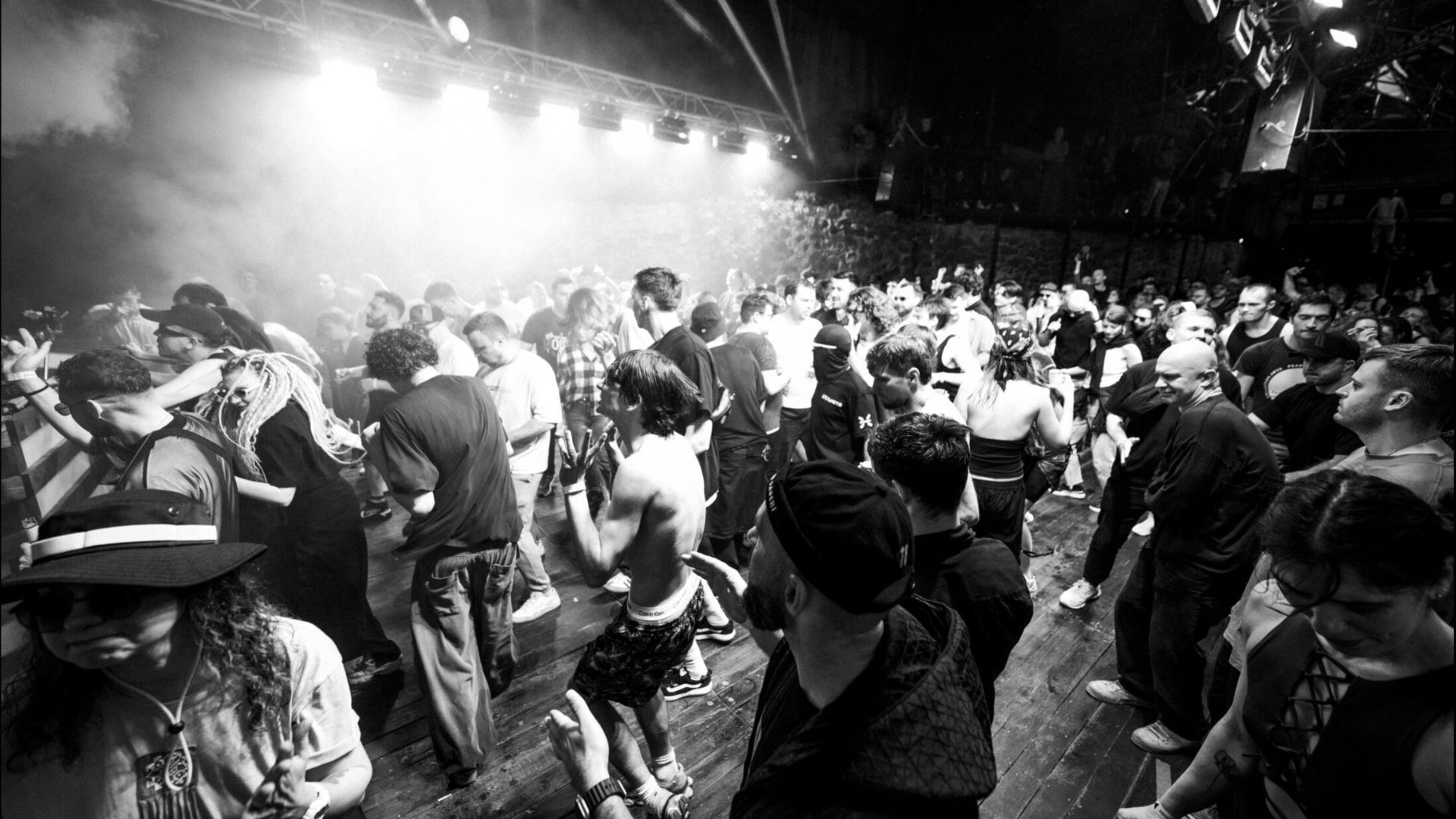
Photo by Khovanka
Clubs and nights like Forsage and Clash became techno destinations in the 2000s, and that’s where Ukraine’s international superstars like Nastia, Spartaque, Miss K8, Juicy M, and many others got their dance music education.
Kyiv’s Modern Underground Movement
In the years leading up to 2022, Kyiv became one of Europe’s best places to party. Clubs like Closer, HLLV, Keller, and Otel invited international artists to play while nurturing the local scene, creating a diverse, warm, and musically progressive scene that rivalled Berlin.
Kyiv was the central spot where artists from other scenes across the country came to meet, including artists from the Donetsk region, near the front line and border with Russia. In 2018, Boiler Room made its first visit to Kyiv, partnering with the Ukrainian music initiative СХЕМА and streaming the country’s vibrant club scene to a global audience.
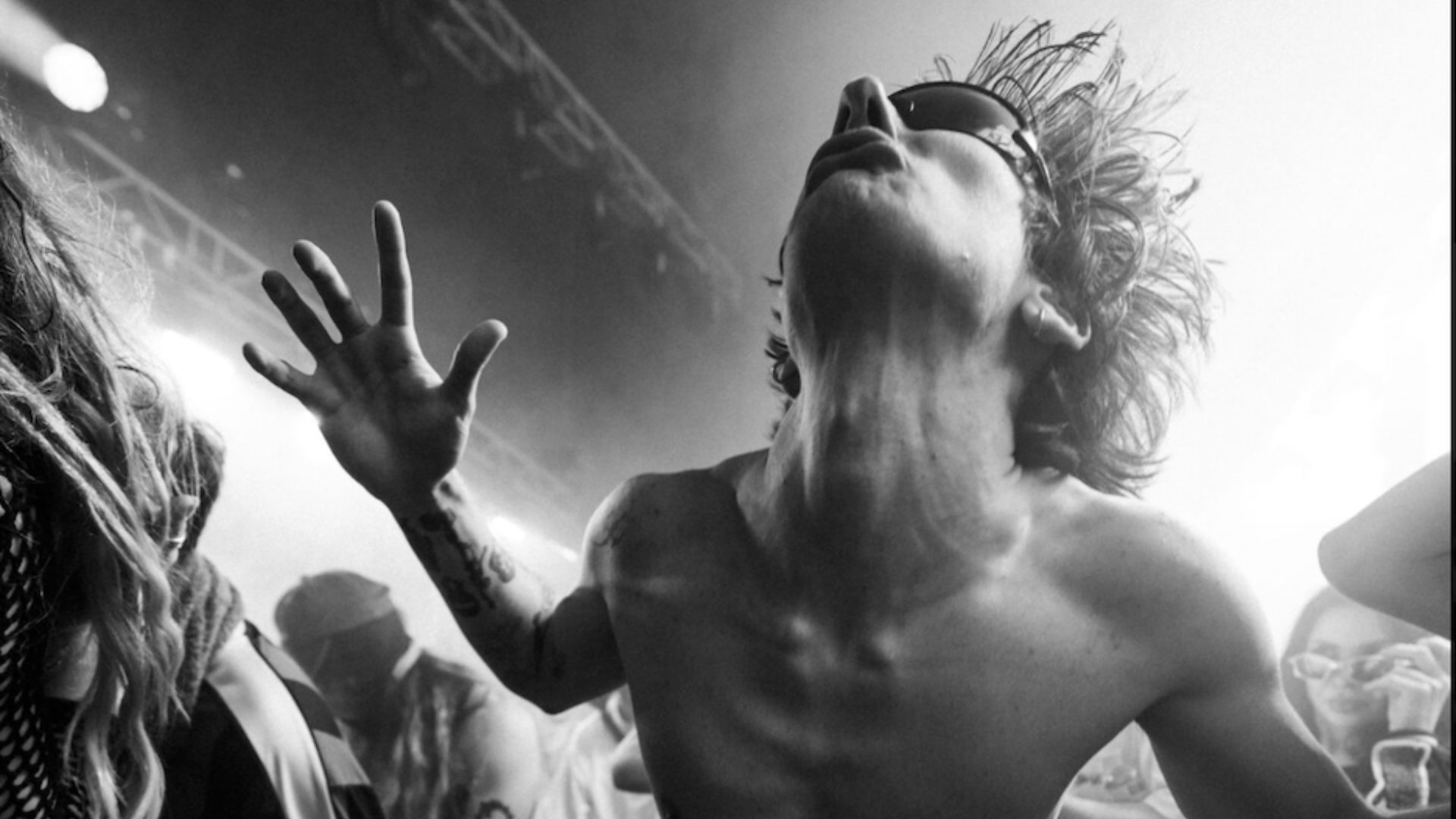
Photo by Khovanka
Sets from Stanislav Tolkachev, Voin Oruwu, Nastya Muravyova, John Object, A-Body, Wulffius, Potreba, and Vladimir Gnatenko showed the world that Ukrainian youth was thriving and the music was next level. Following this debut, Boiler Room returned to Ukraine twice more, in 2019 and 2021.
Nightlife During Times of War
Eugen Skripnik is the founder of Shum.Rave in the Donetsk Region, and currently lives in Kyiv. He says nightlife has changed irrevocably in Kyiv since the war with Russia began.
“Since the full-scale invasion, every party and concert has been a daytime event,” Eugen says. “We have a curfew in Kyiv, so we have to finish at 10:30 pm so we have time to pack up and be in our houses at 12.”
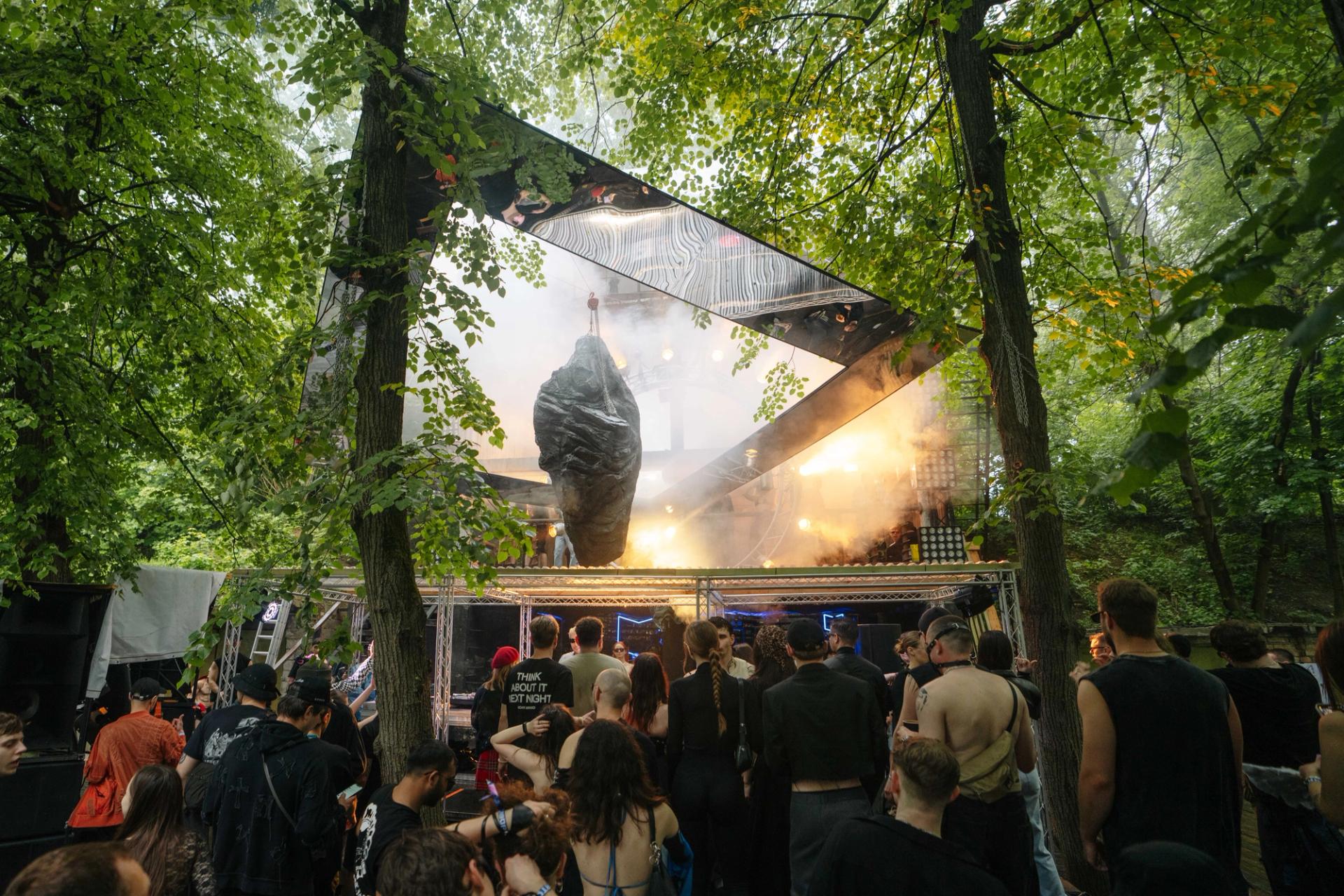
Photo by Alexey Kasinets
Almost every party or concert is to raise funds. “Sometimes it's to support the LGBTQ+ community, or to fundraise for medicine, but mostly it's fundraising for the army,” he says.
Eugen says the dance music community raises money for specific battalions or individual soldiers, some of whom are part of the club community. Artists and promoters like Nikita Kozachinsky (Module cofounder), Vadim Griboedov (MachineRoom), and Sergiy Vel (Closer cofounder) have all served in the army, and everybody in Kyiv's underground will have friends or family who are fighting.
This creates a sense of camaraderie and closeness in the dance music scene, and although there are parties that ignore the curfew, Eugen sees it as a mark of respect to stick to the rules. “We have bombing every night in Kyiv,” he explains. “And if we don’t have bombs in Kyiv, I worry about my friends and family in other cities because it’s probably happening there instead.”
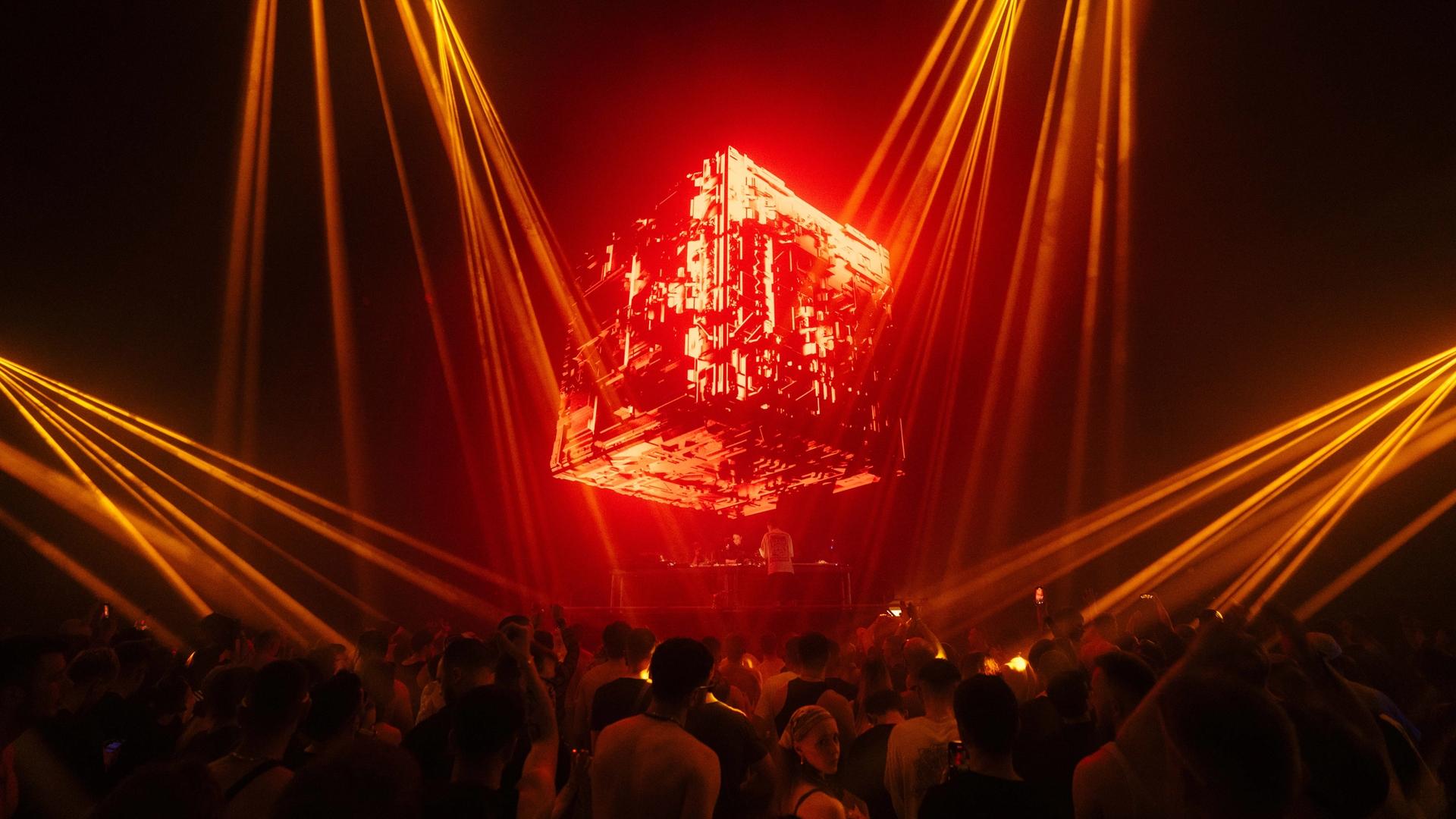
Photo by Khovanka
One of Eugen's favourite clubs is HVLV, and he says it’s become a sanctuary for him since the war began. “It’s a great club with good people, and it has the club experience and it helps develop the local scene.”
“And I think Otel is one of the most powerful underground clubs in Kyiv now,” he continues. "I like the sound system, I like the people who run it, and for almost one year every Wednesday, they invite Ukrainian artists to play noise events. It’s always really interesting music."
Other events, communities, and club nights include K41 Community Fund, Keller, Golda, Brukxt, and 20ft Radio.
Looking to the Future
Eugen says that events for Shum.Rave have been put on hold since the war, but they are still working on progressing Ukrainian culture. They recently released a sample pack of Crimean Tatar music, a genre that is in danger of dying out as few people know how to play and perform it.
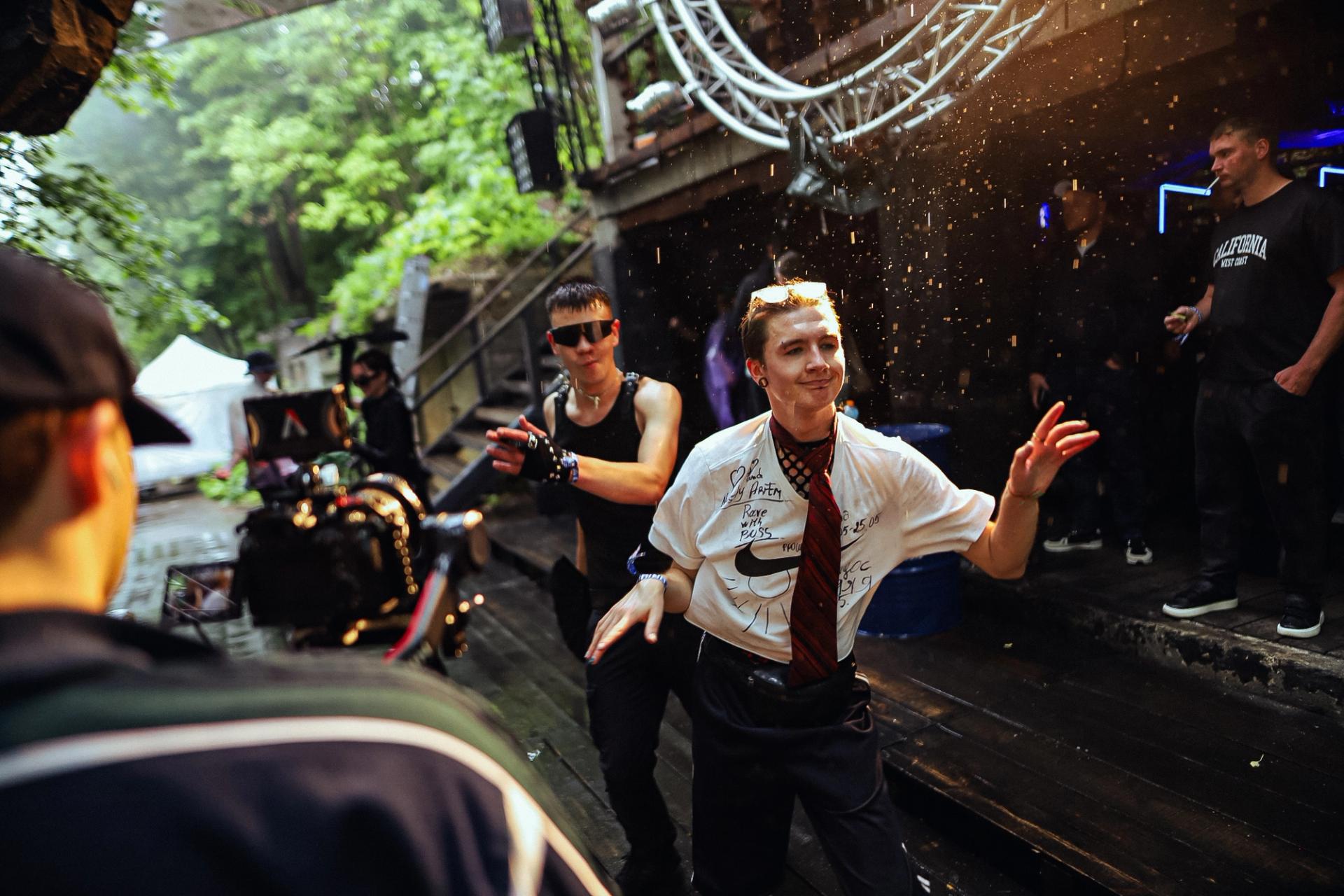
Photo by Alexey Kasinets
“We spent six months on this project,” Eugen says. “We researched and explored traditional Crimean Tatar music because Russia tries to destroy our culture, and you can see how it’s affected the genre. It hasn’t developed for 100 years because Crimean Tatar artists were displaced and only a small number of people know this music and have the traditional instruments.”
Ultimately, Eugen sees culture and Kyiv’s continuation of it as a form of resistance. “Russia is trying to destroy our identity, destroy our culture, and it’s really important that we work to keep it alive,” he says.


